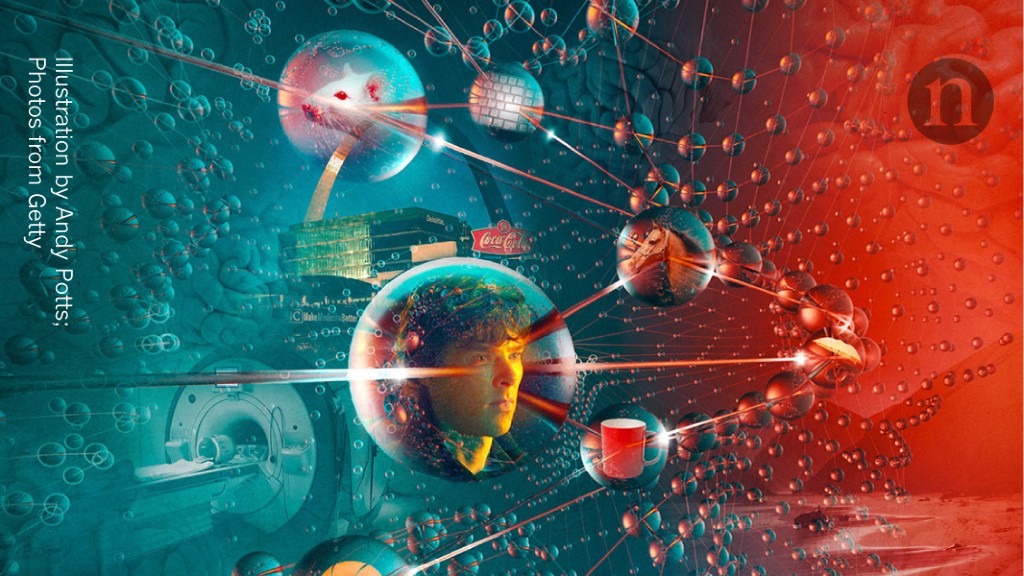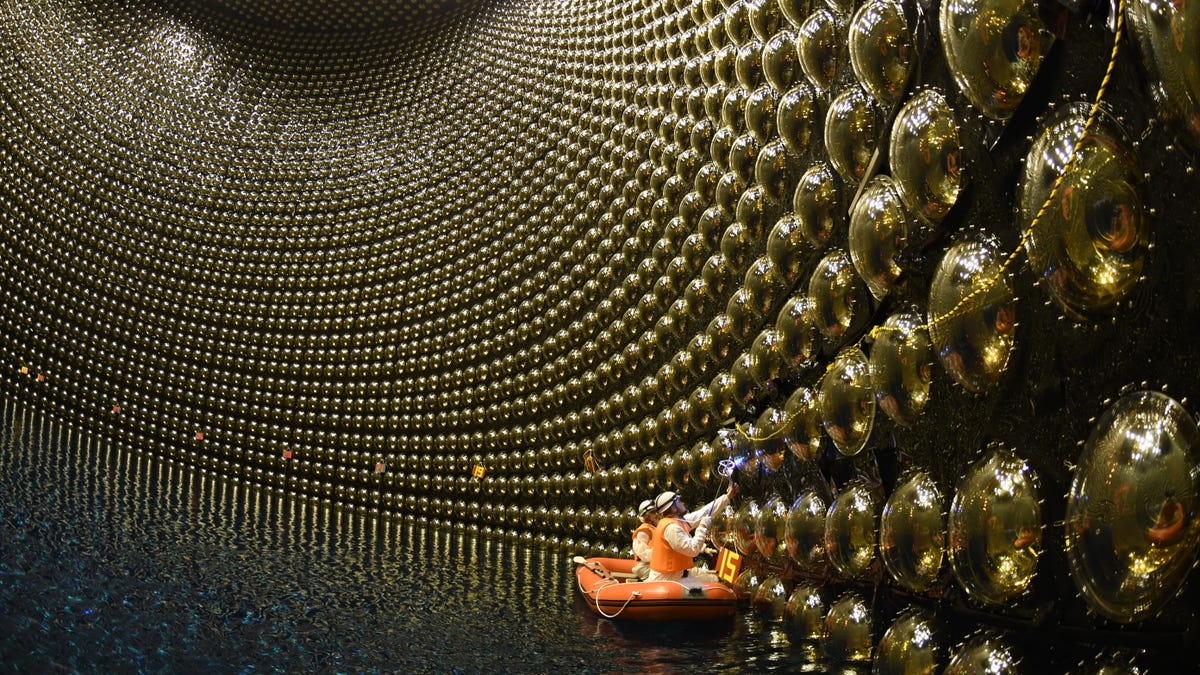Science
Discover articles and videos in Science

How language and social status change the developing brain
bigthink.com • 2 min
Brain development is a highly complex process that is strongly influenced by the environment in which a child is raised, with the earliest years of life being especially important for the emergence of…

What was it like when life first became possible?
bigthink.com • 12+ min
The cosmic story that unfolded following the Big Bang is ubiquitous no matter where you are. The formation of atomic nuclei, atoms, stars, galaxies, planets, complex molecules, and eventually life is…

What Is Entanglement and Why Is It Important?
scienceexchange.caltech.edu • 2 min
Caltech scientists explain the strange phenomenon of quantum entanglement in everyday language.

What Is the Nature of Consciousness?
www.quantamagazine.org • 20+ min
Consciousness, our experience of being in the world, is one of the mind’s greatest mysteries, but as the neuroscientist Anil Seth explains to Steven Strogatz, research is making progress in…

How to see a memory
www.nature.com
Every memory leaves its own imprint in the brain, and researchers are starting to work out what one looks like.

On the importance of staring directly into the sun
www.experimental-history.com • 15+ min
It's also important to poke the heart of a dead pigeon

Why Randomness Doesn't Feel Random
behavioralscientist.org • 5 min
Most of us tend to think of randomness as being “well spaced." Genuinely random distributions seem to contradict our inherent ideas of what randomness should look like.

The ‘Mandela Effect’ describes the false memories many of us share. But why can’t scientists explain it?
www.cnn.com • 7 min
If you think Mr. Monopoly wears a monocle or believe you’ve read “The Berenstein Bears” books, you might be experiencing the so-called Mandela Effect, or collective false memory.

Can you trust your memory? This neuroscientist isn’t so sure
bigthink.com • 7 min
Science is full of drama. One century we’re basing the treatment of ailments on the four humors, then over two thousand years later, we find out it’s actually microbes messing with our bodies. For Dr…

66 Good News Stories You Didn't Hear About in 2023
futurecrunch.com • 20+ min
A lot of things went right this year. Almost none of them made the news.

Is there life after death?
alwaysasking.com
Is there an afterlife or is this the only life we get? Most think science says there is no afterlife. But this view, while common, is wrong.

How to break a theory
www.symmetrymagazine.org • 5 min
When a theory breaks, you learn how to build it better.

The Man Who Accidentally Killed The Most People In History
www.youtube.com
One scientist caused two environmental disasters and the deaths of millions. A part of this video is sponsored by Wren. Offset your carbon footprint on Wren:...

What Is a Neutrino? The Missing Key to Modern Physics Could Be a Ghost Particle
www.cnet.com • 7 min
The enigmatic saga of one of astrophysics' most wanted particles.

Eric Weinstein - Why Can No One Agree On The Truth Anymore? (4K)
www.youtube.com
Eric Weinstein is a mathematician, economist, managing director of Thiel Capital and a podcaster.The last 3 years has been a time of massive confusion. No on...

Complexity Theory’s 50-Year Journey to the Limits of Knowledge
www.quantamagazine.org • 20+ min
How hard is it to prove that problems are hard to solve? Meta-complexity theorists have been asking questions like this for decades. A string of recent results has started to deliver answers.

The (Often) Overlooked Experiment That Revealed the Quantum World
www.quantamagazine.org • 7 min
A century ago, the Stern-Gerlach experiment established the truth of quantum mechanics. Now it’s being used to probe the clash of quantum theory and gravity.

How To Spot Bad Science
fs.blog • 15+ min
In a digital world that clamors for clicks, news is sensationalized, and “facts” change all the time, here’s how to discern what is trustworthy and what is hogwash.

A Brief 200-Year History of Synesthesia
thereader.mitpress.mit.edu • 8 min
Richard Cytowic, a pioneering researcher who returned synesthesia to mainstream science, traces the historical evolution of our understanding of the phenomenon.